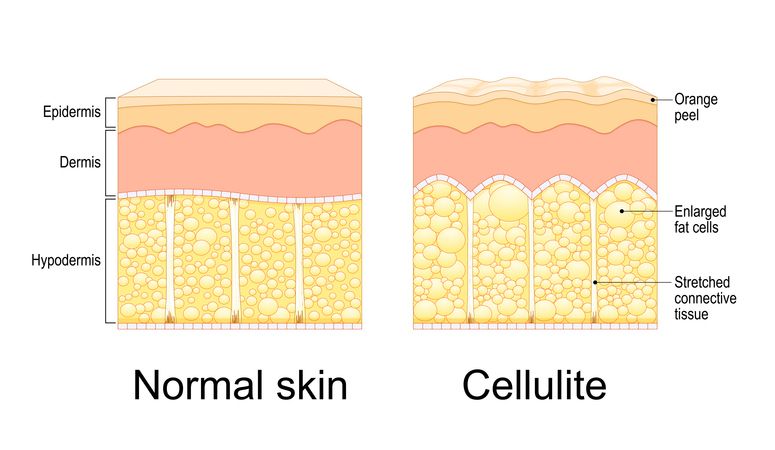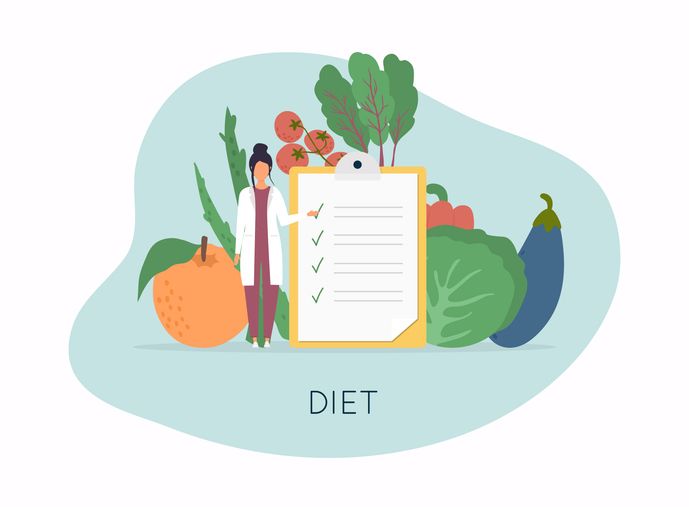

Book Now to Experience
F8 Hair Regrowth Treatment
1 Minute Self-Registration
Date should not be before minimal date
Author: Sophia Man|Updated: 23 July 2024
Fuller, richer hair is among the best maternity symptoms. Several pregnant women remark that their hair has never been better than it was during their pregnancy. Sadly, gorgeous hair, like childbirth, is just temporary. When new moms start to lose hair a few weeks after the baby is born, it can be a startling revelation. Hair strands may well be discovered on the mattress and clothes, or they could clog the bathroom drain. This increase in this type of hair loss totally natural, caused by hormonal changes that occur after pregnancy. In this article, we will dive into the fundamentals of postpartum hair loss, how it can be prevented and the benefits of the F8 Hair Regrowth Treatment at New Beauty Australia helps to restore thick and lustrous hair growth in new mothers along with individuals with male pattern baldness, female pattern baldness, receding hairline, hereditary hair loss, thinning hair, androgenic alopecia, and many more types of hair loss.

1
Hormonal Changes During Pregnancy and Postpartum

Hormones fluctuate considerably throughout pregnancy and continue to stabilise themselves well after childbirth as well.
Human chorionic gonadotropin, or hCG, was one of the first to rise. That was the hormone assessed by your pregnancy test, and growing levels showed that you were pregnant. Pregnancy also raises numerous other hormones, including oestrogen, progesterone, oxytocin, and prolactin. During pregnancy, your blood volume increases as well, reaching up to 50% of normal by your due date.
Several hormone levels, including oestrogen and progesterone, decline rapidly after your baby is delivered. Those hormones will be nearly normal within 24 hours of birth; however, prolactin will remain elevated as long as you are breastfeeding.
Your blood volume likewise drops, but it does so gradually. It returns to normalcy a few weeks after your kid is born. Your blood volume also decreases, although it does so gradually. Normality resumes a few weeks after your child is born.


2
How Do Hormones Cause Hair Loss in New Mothers?

Your increased oestrogen levels during pregnancy slowed your average rate of hair loss. Typically, your hair falls out in smaller bits during the day. During pregnancy, hair loss decreases. Your higher blood volume and bloodstream exacerbate the effect, causing your hair to fall out less regularly than usual.
As a result, once one's child is born and one's hormone levels have dropped, the hair needs to compensate by growing with much wider clumps than regular. The overall amount of your hair loss is likely not greater than what you have lost through the past nine months; it just appears so because it's all occurring at once.
Postpartum hair loss can start any day after your baby is born and last for approximately a year. It usually peaks around 4 months, so if your baby is only just a few months old and you are still missing large hair clumps don't worry!
Read More

3
Is Postpartum Hair Loss Permanent?

Excessive loss of hair after having a child does not mean you will be hairless forever. Your hair should eventually return to its normal patterns of development. You may normally expect the hair to be completed at the roots when the child is one year old. In contrast, the new hair follicles that grow in will be thinner than the preceding hair strands on your scalp.
If your hair remains too thin or doesn't appear to be growing back, see your physician. Another medical problem, such as anaemia or even a hyperactive thyroid, could be causing hair fall.
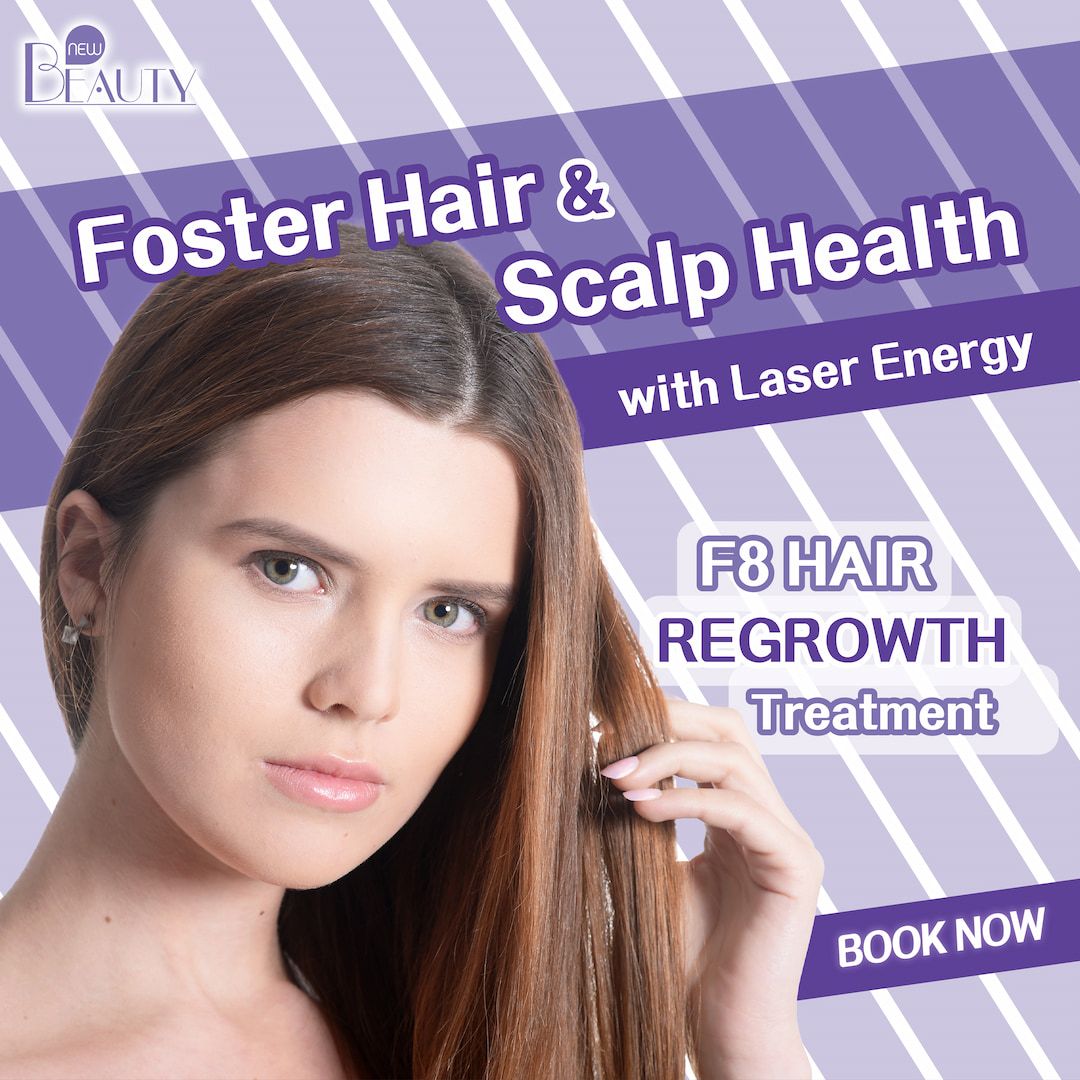

4
Can Postpartum Hair Loss Be Prevented?
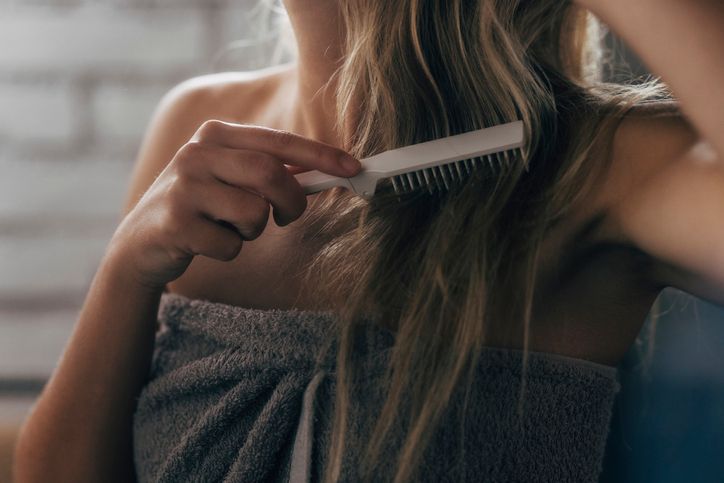
Since postpartum hair loss is a natural consequence of hormonal fluctuations, it is impossible to reverse it quickly. Nevertheless, there are various habits you can adopt to help mitigate the effects of postpartum hair loss. Good and healthy hair regrowth should thus be stimulated.
Make absolutely sure you get light exercise in the days and months immediately after delivery but be sure to consult with your doctor first. It is best to integrate health and wellness techniques for stress management which includes therapy or meditation. You must also eat a nutritious diet to support healthy hair development by trying to take postpartum vitamin supplements or probiotics on a constant schedule. Take special care of your hair during the telogen phase because the hair follicles are most highly susceptible.
Scrubbing, rinsing, and drying of hair should be done cautiously to prevent additional hair fall. Tight haircuts should be avoided as far as possible because they lay far too much momentum on the hair follicles. To make things easier, cut your hair before your baby arrives. Preventative measures are just as important as postpartum hair treatments.

Book Now to Experience
F8 Hair Regrowth Treatment
1 Minute Self-Registration
Date should not be before minimal date

5
At-Home Postpartum Hair Treatments to Try Out

It's common for your hair to thin after giving birth. There's no need to treat it if it isn't bothering you. Unfortunately, no treatment has been demonstrated to prevent or delay postpartum hair loss. However, if your hair loss is causing you concern, there are treatments you may attempt to help your hair seem fuller and healthier.
Use a texturizing shampoo
Regardless of the absence of evidence, moisturizing conditioners can weigh heavily on the hair follicle, causing it to look weaker and limper. Volumizers can assist you in keeping a shining appearance by providing volume to the hair.
Consume nutritious foods
One of the most efficient methods for making sure that the body absorbs every one of its vitamins is to include a range of fruits, veggies, and lean protein in the meals.
To enhance hair growth, some individuals prescribe darker vegetables as they are filled with iron and vitamin C; sweet potatoes and carrots for beta carotene; consume eggs as they contain vitamin D; shellfish as it has omega-3s and magnesium.
Strip out fashionable hairstyles
The heat from either a hairdryer or curler can result in hair that appears weaker and less nourished. Put off on the intricate styling and let the hair air-dry till the hair loss stops. Combing the hair too forcefully may cause it to fall out and in greater clumps, so comb lightly and only once a day.
Take those vitamins
Supplements should not be utilised in conjunction with a sensible diet, particularly when you're a young mother with an infant. If your food consumption is uneven, it may be useful as a supplementation. Whereas no particular nutrients have been connected to the loss of hair, they are crucial for good health in general. Consuming multivitamins after your baby is born is standard procedure, specifically if you are breastfeeding.
In severe cases of postpartum hair loss, physicians normally recommend new mothers participate in hair growth treatments to aid hair follicles to grow naturally. The F8 Hair Regrowth Treatment at New Beauty Australia addresses postpartum hair loss and androgenic alopecia, male pattern hair loss, female pattern hair loss and other hair loss issues in a non-invasive manner.


6
Say Good-Bye to Postpartum Hair Loss with The F8 Hair Regrowth Treatment!
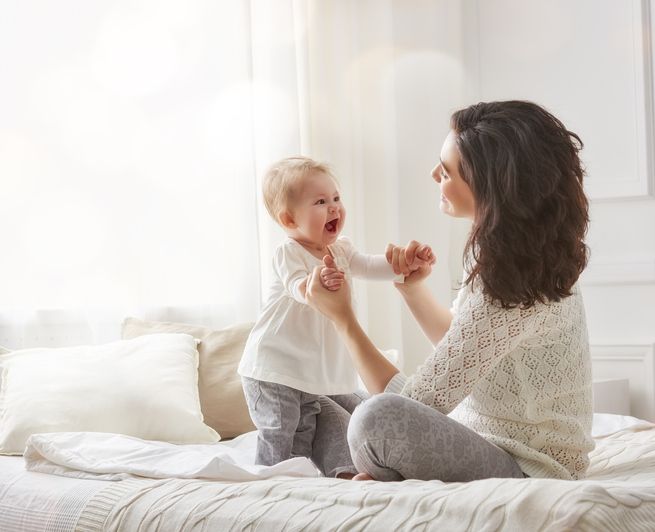
The F8 Hair Regrowth Treatment is a ground-breaking laser hair regrowth treatment that naturally helps to restore balanced hair growth for a longer period. The F8 Hair Regrowth Treatment uses low-level laser energy that increases blood flow in the scalp which helps repair blood capillaries while stimulating hair growth. This laser hair loss treatment also strengthens hair papilla and hair shaft which prevents further hair loss.
The F8 Hair Regrowth Treatment also uses a clinical-grade hair growth essence that moisturises the skin tissues found on the scalp thus effectively reducing excess oil secretion that causes an oily scalp. The balance of the water-oil ratio on the scalps aids in better and healthier hair growth after childbirth.
The low-level laser energy utilised in the F8 Hair Regrowth Treatment does not cause damage to the surrounding skin cells on the scalp thus allowing a healthier and more natural growth of hair follicles. The strengthened hair papilla along with the increased microcirculation in the scalp induces the growth of stronger and thicker hair strands This non-invasive laser hair regrowth treatment does not utilise any form of surgery, medications and incisions other than the clinical-grade serum that is merely spread across the scalp to aid in thinning hair and sudden hair loss.
Read More

7
Conclusion

Postpartum hair loss can cause a new mother to feel depressed, and ashamed and also take a dip in her self-confidence. With the added stress of raising a child, postpartum hair loss has become a common occurrence in women. With the aid of expert wellness professionals, new mothers now can tackle postpartum hair loss from the root with many types of hair loss treatments and medications. But not all these treatments have a benevolent effect on hair growth in the long run.
If you are looking for a hair regrowth treatment that not only helps grow healthier and stronger hair strands but also encourages blood supply that provides nutrient supply to hair follicles, look no further than New Beauty Australia's F8 Hair Regrowth Treatment. The inactive hair follicles are triggered to grow and the hydrating serum used in this treatment also helps balance sebum secretion in the scalp – all of which work together to help postpartum women boost their New Mommy confidence.
So if you’re looking for a little bit of extra help during your post-pregnancy journey, give the F8 Hair Regrowth Treatment a try!
FAQ
Who is susceptible to postpartum hair loss?
Women are the ones who undergo postpartum hair loss as postpartum means after childbirth. This period can last up to 6 to 8 weeks and mood swings and hormonal changes affect the body and mind significantly. Some symptoms of postpartum experience can last for a year.
Why does postpartum hair loss occur?
The loss of female hormones such as progesterone and oestrogen after childbirth causes clumps of hair to fall out resulting in severe hair loss. But do not worry as it is not permanent and will fade in the time given the right treatment and hair care routine.
Other than new mothers, who else is suitable to undergo the F8 Hair Regrowth Treatment?
The F8 Hair Regrowth Treatment is suited for individuals experiencing severe to mild hair loss issues that include a receding hairline, male pattern baldness, female pattern hair loss, alopecia areata, hereditary hair loss, androgenetic alopecia, stress-induced hair loss and more.
How long is a treatment plan for the F8 Hair Regrowth Treatment?
For individuals with mild hair loss, the treatment plan will span from 3 to 6 months. On the other hand, 6 to 12 months of treatment is recommended for people with severe hair loss and scalp conditions.
I have an oily scalp and this is causing my hair to fall. Can I undergo the F8 Hair Regrowth Treatment?
Yes, you can partake in the F8 Hair Regrowth Treatment as this hair regrowth treatment uses medical grade hydrating serum that helps to reduce oil secretion thus balancing the water-oil ratio on the scalp. This hydrates the scalp and enables a healthier and stronger growth of hair follicles.

Book Now to Experience
F8 Hair Regrowth Treatment
1 Minute Self-Registration
Date should not be before minimal date
Recommended Articles
COPYRIGHT© NEW BEAUTY MANAGEMENT LIMITED 2026. ALL RIGHT RESERVED.

